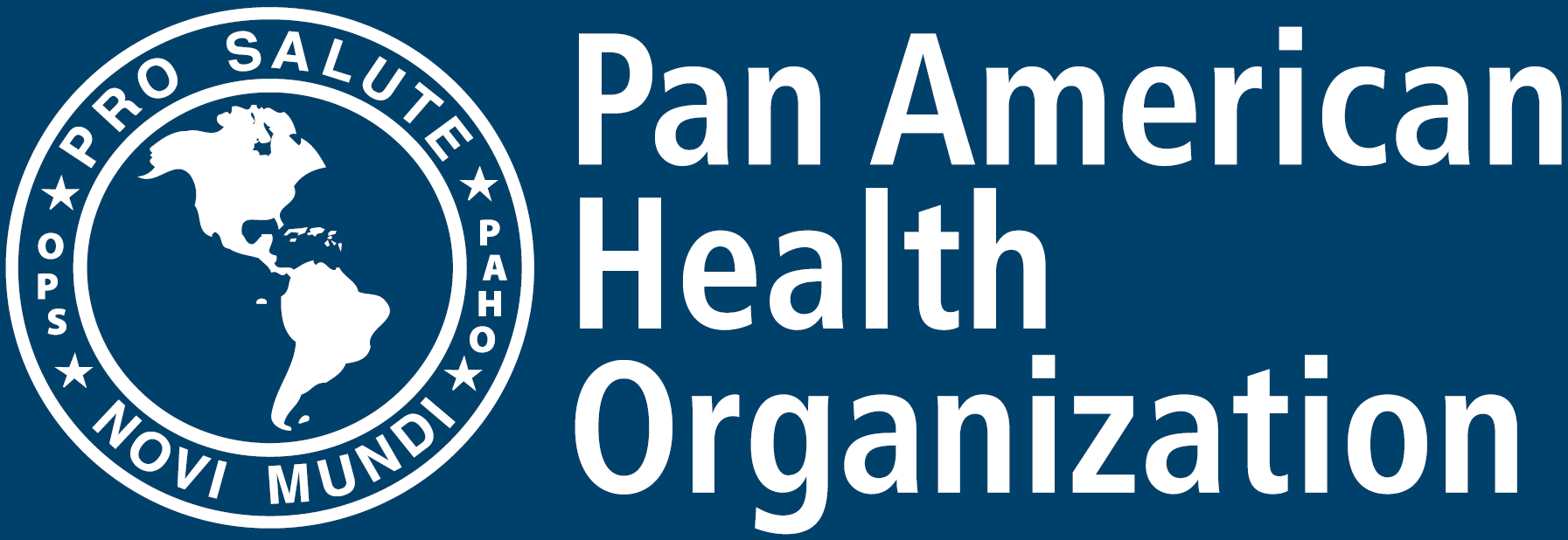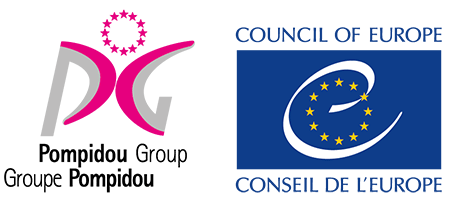While addressing the manufacture and trafficking of illicit drugs is of paramount importance to global public health and security, it is crucial to acknowledge the existing gap between policy-making expertise and legislation in this domain. The novel and fast-evolving nature of synthetic drugs presents unique challenges for policymakers who may lack the requisite knowledge and expertise to formulate effective responses. This initiative addresses this lack of expertise, which can hinder the development of robust legal frameworks and set back international cooperation.
Building the International Network for Legislation on Drugs (INLOD) project will be part of a global effort with multiple international partners. INLOD will serve as a knowledge exchange platform for parliaments/legislators and their professional staff, and policy makers, in the Americas to collaborate, generate, and share best practices, sample legislation, and relevant information on global drug-related legislative actions. Parliamentary members, policy makers, and international experts of this initiative will be able to contribute to harmonizing best practices on drug-related legislation, promoting horizontal cooperation, and generating valuable tools (e.g., sample legislations and procedures) through virtual and in-person technical groups, regional and international fora. In addition to finding legislators to champion this initiative, a critical component is to include legislative staffers and aides. These individuals often draft the laws, offering working-level access to individuals who can implement legislative change. The goal of creating this framework is to develop a cadre of legislators to work on model legislation by the provision of draft legislative agendas focused on synthetic opioids.
There is a growing concern that as the illicit drug trade has evolved towards the manufacture and trafficking of synthetic drugs, their respective countries’ laws may be insufficient in providing law enforcement, prosecutors, health providers, and others the tools to respond effectively. To address this issue, and the many challenges of the implementation of drug policies and practices, engagement should not be limited to representatives from countries’ executive branches but from their legislative branches who are responsible for drafting legislation.
Drug policies and their corresponding strategies and plans of action represent a political commitment that stimulates discussions and coordinated work between different state sectors and other key actors in order to achieve a comprehensive, effective, and collective response to the problem. Actors involved in the drug policymaking and implementation can work with legislators to craft a legal landscape that would help fill the possible gaps in the global legal architecture.
In the area of drug policy formulation and implementation, there are multiple areas where policymakers, implementors, or legislators are either generating new legislation or updating their legal landscape. On many occasions, countries are unaware of similar legislation or procedures being used in neighbouring countries. INLOD would allow legislators and implementors to communicate with each other and, with new technology, be able to maximize resources and experience in the national, regional, and international areas furthering horizontal cooperation in this area. In this regard, for example, UNODC at the global level, or OAS/CICAD for instance at the regional level, provide a valuable political forum for dialogue and the development of policy and guidelines.
UN Toolkit on Synthetic Drugs – Legal Module
How to Develop a National Drug Policy: A Guide for Policymakers, Practitioners, and Stakeholders
Activity 1. Online inter-agency steering group meeting. Information sharing, interagency collaboration.
Activity 2. Establish and launch an initial parliamentary network, leveraging existing parliamentarian networks. Inviting an initial list of legislators, accompanied by drug commissioners.
Activity 3. Update mapping of national drug-related legislation, legislative actors, and opportunities within existing parliamentary groups/networks/associations/academia.
Activity 4. Meeting with key champion-legislators and aids/staffers to discuss challenges in addressing illicit synthetic drugs, including legislative gaps in all areas related to the drug policy implementation.
Activity 5. Analyze gaps by thematic subgroups (e.g., Security, finance, health, alternative development, justice…).
Activity 6. Develop a handbook (checklist) for national assessment of existing legislation.
Activity 7. Presentation of sample legislations to drug-related parliamentary sectoral commissions.
Activity 8. Follow up technical assistance, training, and capacity building actions in the use of concrete legislation.
Activity 9. Promoting subsector/thematic technical meetings to discuss the best ways to operate within generated legislation.
Activity 10. Consolidation of network as it connects to other INLOD subregional partners to keep focal points in touch for the exchange of good practices, information sharing, and fluent communication.
Global Coordination: Strengthened international cooperation and coordination among policymakers, law enforcement agencies, and relevant stakeholders; thematic working groups identified.
Institutional Development: Global parliamentary network created; global training and technical assistance provided; legislation gaps by thematic areas identified, drafted, and passed.
Knowledge Dissemination: Widespread dissemination of best practices, knowledge, and expertise in the field of synthetic drug policy; drug-related legislative mapping identified.
Improved legal frameworks and enforcement mechanisms at the national level to combat synthetic drug trafficking (effectively using model legislation, and inter-agency cooperation)
Enhanced institutional capacity at the national level among current and future generations of policymakers and legal professionals in addressing synthetic drug trafficking.
Point of Contact: Provide contact information (Name, organization, email, and/or website) for interested governments to reach out to global expert or lead in undertaking the initiative.
Current State Participants
Countries are encouraged to apply.
GLOBAL: Asma Fakhri, Coordinator, UNODC Synthetic Drug Strategy. United Nations Office on Drugs and Crime (UNODC). Email: asma [dot] fakhri [at] un [dot] org (asma[dot]fakhri[at]un[dot]org)
FOR THE AMERICAS: Antonio Lomba, Unit Chief, Institutional Strengthening, Executive Secretariat of the Inter-American Drug Abuse Control Commission of the Organization of American States (OAS/CICAD). Email: Alomba [at] oas [dot] org (Alomba[at]oas[dot]org)




